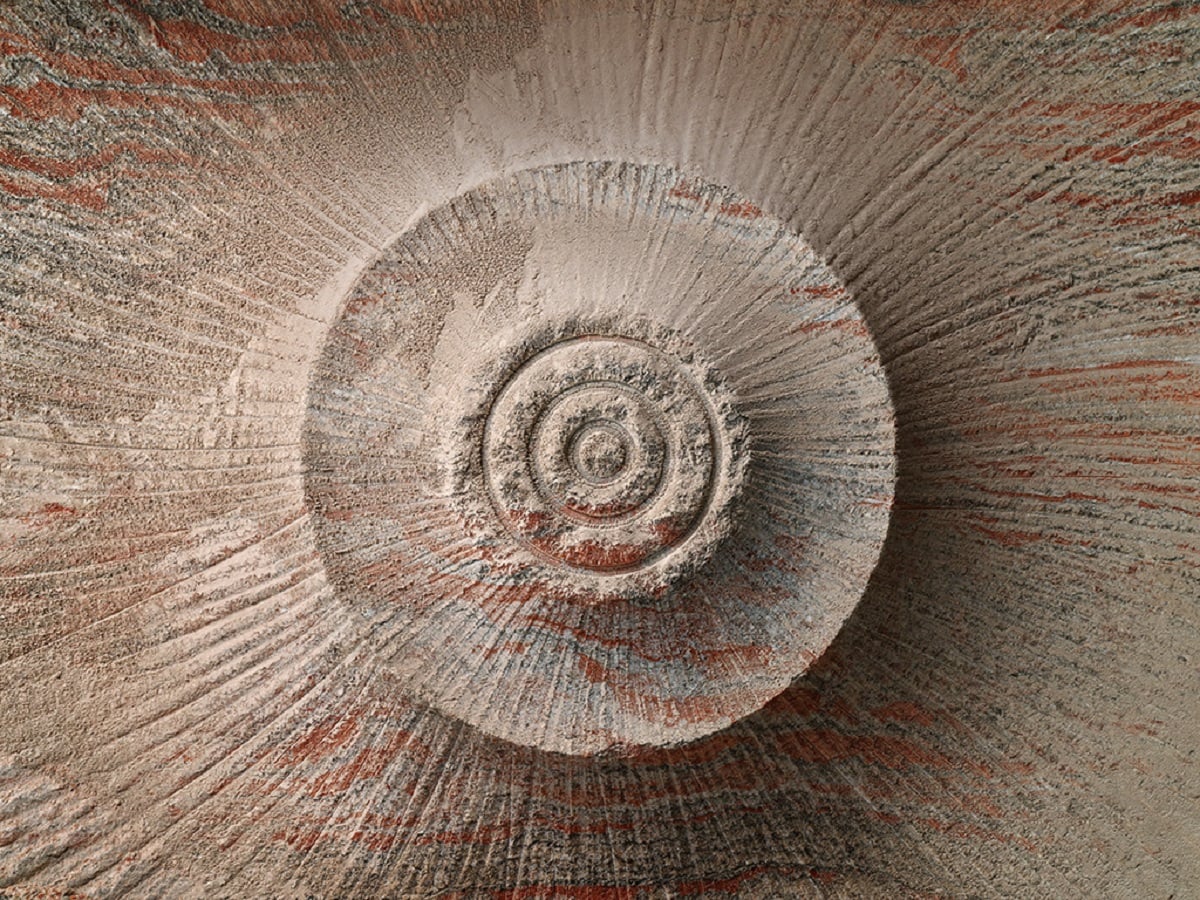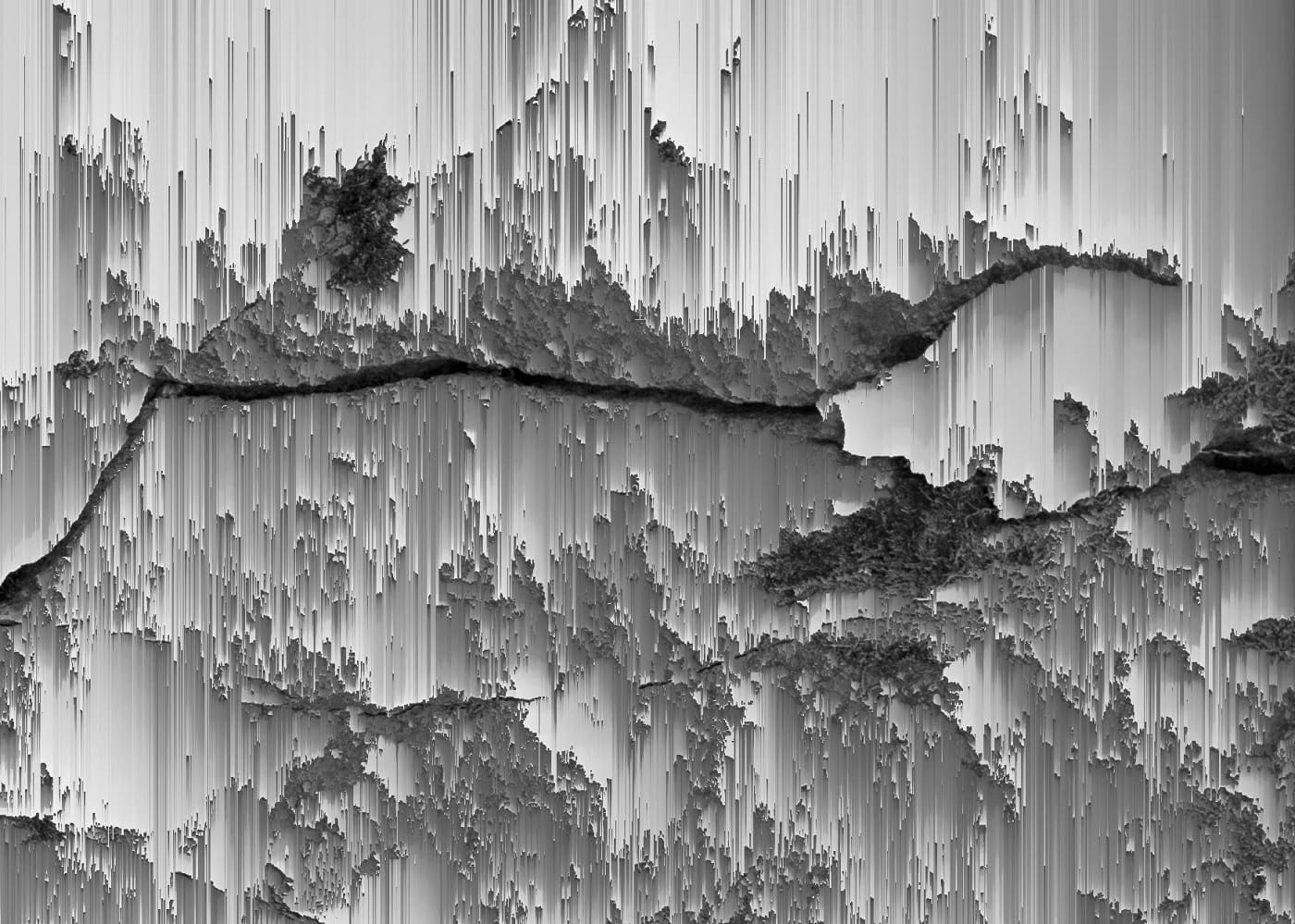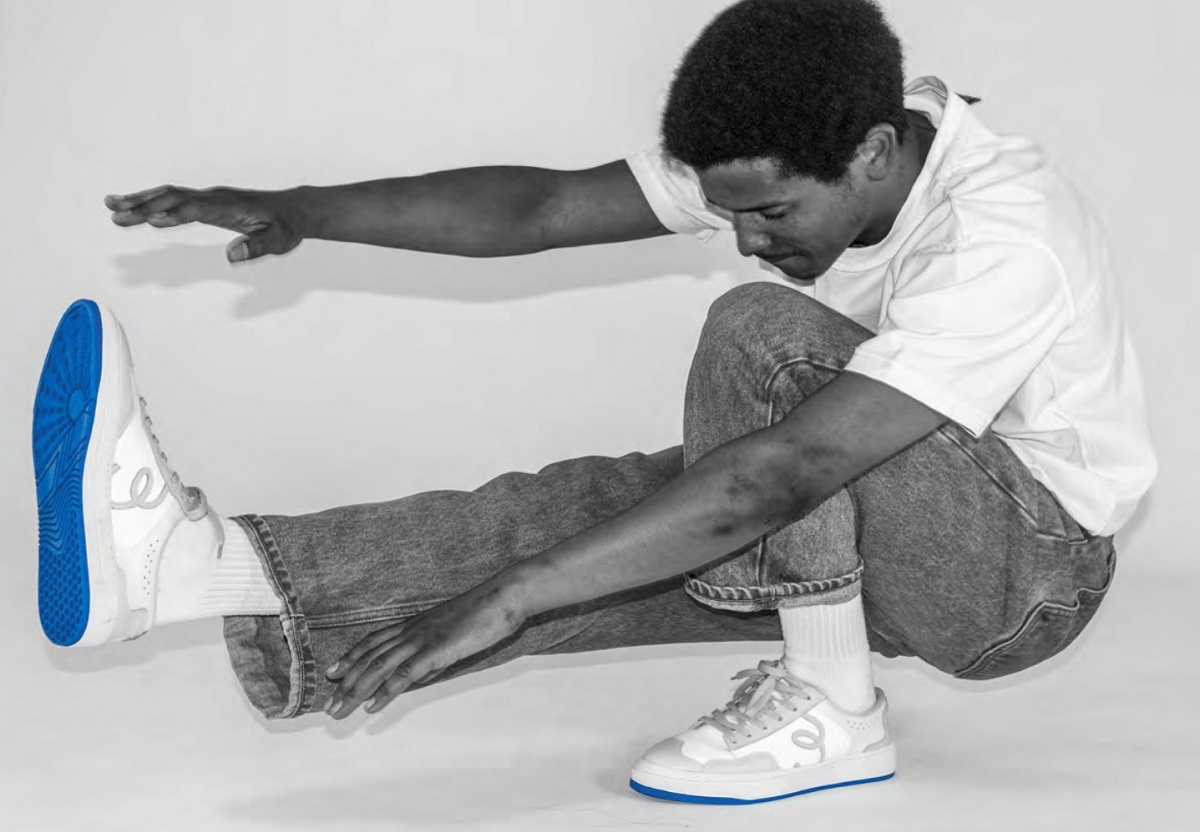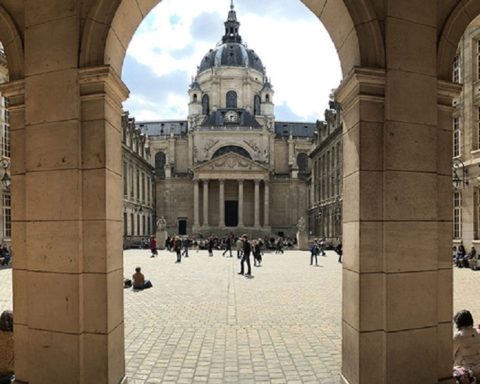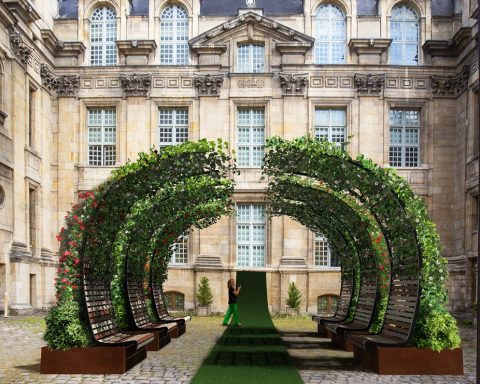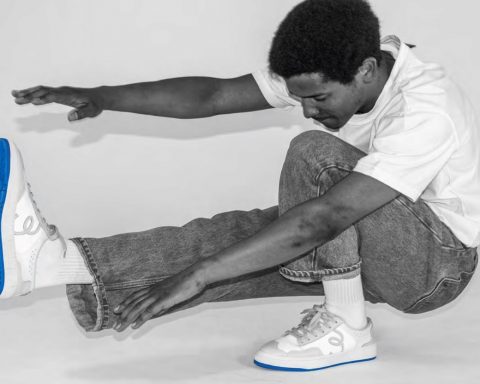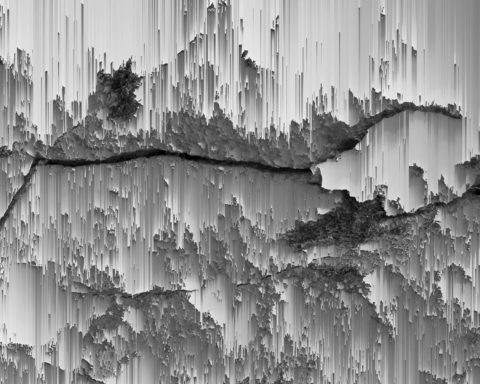Coraux menacés d’extinction, disparition accélérée des espèces sauvages, glaciers qui s’effondrent… Ce n’est pas une simple « crise » environnementale » que nous vivons, mais des transformations bien plus plus profondes qui signent l’entrée de notre planète dans une nouvelle époque géologique et climatique : l’Anthropocène. Elles nous obligent à repenser de fond en comble l’ensemble de nos activités économiques, industrielles et sociales. Mais comment vivre, organiser nos sociétés, designer nos milieux de vie dans un climat en cours de dérèglement si nous ne repensons pas nos formations ? L’ESC Clermont Business School et Strate Ecole de Design avaient annoncé la création de leur diplôme conjoint de Master of Science commun à la fin du mois de novembre 2019. La CGE vient de leur accorder son accréditation, soulignant notamment une réelle différence de positionnement et une rupture intéressante par rapport à l’ensemble des formations traditionnellement orientées sur la RSE ou le Développement Durable.
Alors, comment repenser nos formations ? Pour répondre à cette question et à la demande d’une jeunesse et d’acteurs qui ne se contentent plus d’un simple verdissement, Strate Ecole de Design et l’ESC Clermont BS ont décidé de créer ce Master of Science destiné à former à la « redirection écologique ».
La crise internationale rencontrée aujourd’hui vient bien évidemment confirmer le bien-fondé de ce MSc qui vise à former les acteurs de la redirection écologique au sein des organisations et des institutions, à l’aune de nouvelles théories, pratiques et orientations stratégiques.
Les objectifs de la formation
Quels objets designer pour l’anthropocène ? Quelles organisations sociales mettre en place ? Quelles stratégies économiques, financières, industrielles inventer ? Quelles institutions politiques composer ? Telles sont les questions qui seront abordées dans le cadre d’une pédagogie par projets, tout au long d’un cursus interdisciplinaire et novateur à l’intersection du design, des sciences de la terre et des sciences humaines et sociales.
Parce que la redirection écologique c’est d’abord faire atterrir (Bruno Latour), les étudiants seront formés pour accompagner des entreprises, des organisations publiques, internationales ou associatives dans le design de stratégies leur permettant de s’aligner sur les limites planétaires.
La redirection écologique, c’est aussi apprendre à vivre, organiser, entreprendre, designer nos milieux de vie dans un monde où l’expansion technologique et industrielle permanente peut devenir une promesse irrationnelle, indésirable voire techniquement insoutenable.
- LIRE DANS UP’ : Transition climatique, économique, industrielle et sociale : une nouvelle priorité pour le design
Un programme unique
Le « MSc Strategy & Design for the Anthropocene » est la première formation au monde qui fait la proposition d’aborder l’Anthropocène par le prisme du design. Elle s’adresse ainsi à la fois aux étudiants et praticiens issus des sciences de l’ingénieur, du management, des sciences humaines et sociales, des sciences politiques ou encore des sciences dites « dures » …
En un mot, à tous les acteurs qui souhaitent agir concrètement au sein des organisations et des institutions pour repenser et rediriger les modèles économiques ou managériaux, les infrastructures technologiques, les systèmes de production ou de logistique ou encore les innovations dont on sait aujourd’hui qu’elles ne sauraient être pérennes mais dont nous héritons néanmoins, avec pour finalité désormais de les « faire atterrir ».
Le programme propose d’apporter des connaissances et de nouveaux outils et méthodes, issus de différents champs théoriques et pratiques pour faire face à cette nouvelle époque dans laquelle nous sommes entrés.
A l’heure où nombre d’organisations et d’institutions remettent en question leur stratégie globale et leurs outils d’évaluation, il est plus que temps de se former pour inventer les leviers d’action adaptés à la situation présente et qui font encore largement défaut.
Un programme déjà reconnu
Pas moins de seize institutions et partenaires se sont déjà fédérées autour de la présentation du dossier à la CGE, à savoir :

Suite à l’annonce de l’accréditation, le recrutement de la première promotion vient de débuter. Le MSc sera dispensé sur le campus lyonnais de Strate Ecole de design.
Un programme de podcasts est par ailleurs à l’étude pour accompagner prochainement la compréhension des enjeux portés par cette formation, avec l’aide de ses intervenants et auprès des différents publics qu’elle vise : des étudiants issus d’écoles de design, d’ingénieurs, de management, de sciences politiques, scientifiques ou encore cadres en exercice, ayant tous à cœur de porter de nouveaux modèles et stratégies face à l’urgence, dès aujourd’hui.
Pour plus d’informations :
- ESC Clermont Business School : Rodolphe CANALE – rodolphe.canale@esc-clermont.fr – Tél : +33 (0)6 76 28 15 17
- Strate Ecole de design :
Sébastien KUNZ – sk[at]strate.design Tél : 06 52 33 84 15
Myriam BOUKAIA – mboukaia[at]madamemonsieur.agency Tél : 07 50 69 52 56
Photo d’en-tête : Photographie © Edward Burtynsky « Mine de potasse d’Ouralkali n°6, Berezniki, Russie 2017 ». Courtesy Flowers Gallery, Londres/ Metivier Gallery, Toronto.

